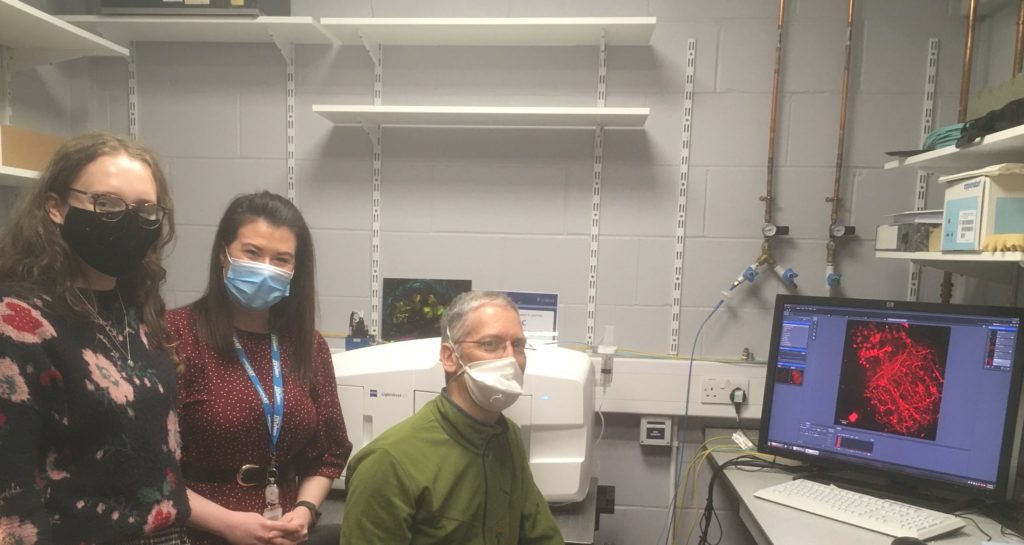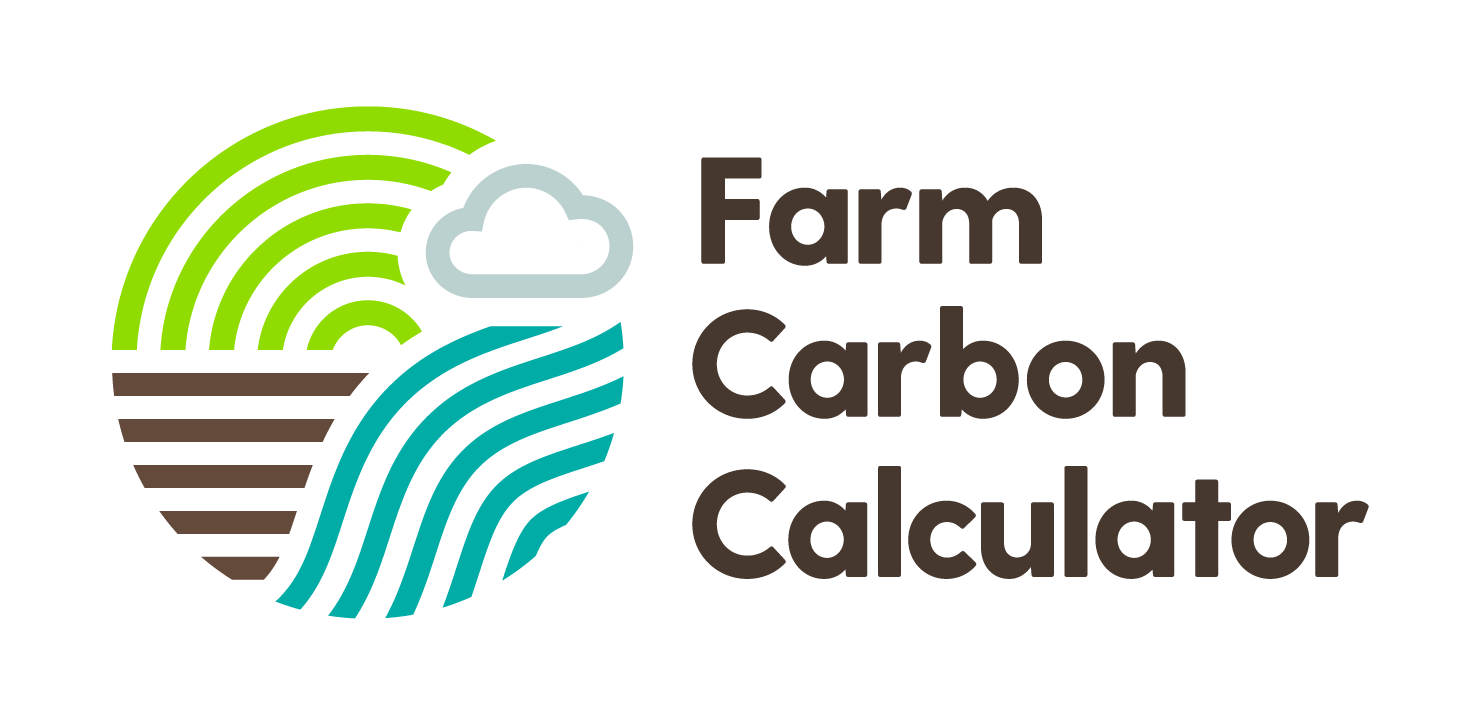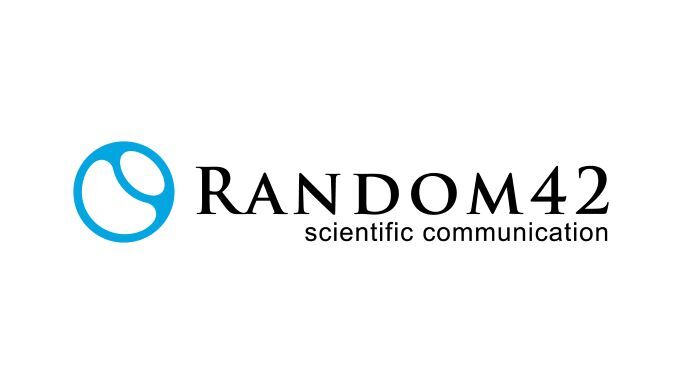Meet Lewis – one of your student reps based at the University of York.
 Katie Hardman
Katie Hardman
Farm Carbon Toolkit – Apply anytime
Farm Carbon Toolkit is offering current DTP students the opportunity to work on their Farm Carbon Calculator.
The Royal Institution – Deadline 23rd May 2023
The Royal Institution is looking for a PhD student to join The Public Programme for a three-month internship to gain experience in science engagement and outreach. This internship will run concurrently from June to September 2023, for exact dates please see attached job descriptions.
Katie Gelder – Medicines Discovery Catapult (MDC)
Katie Gelder, a 4th-year PhD student at the University of Sheffield, completed her PIPS at the Medicines Discovery Catapult (MDC), based at Alderley Park in Cheshire.
Where did you go and what did you go?
I did my PIPS at the Medicines Discovery Catapult (MDC). A non-profit organisation of ~ 140 people, which aims to bridge the gap between academia and industry, generating a wealth of knowledge and contacts to further drug discovery. MDC is mainly funded by Innovate UK but also has an assortment of assays that are available at a fee for service. This enables smaller companies and groups, that don’t have the equipment or expertise, to progress in the drug discovery pipeline, reducing the time it takes to get medicines to patients.
My project was to develop an ex vivo assay to study mouse brains and tumours to determine the effects of drugs on specific cell types, such as neuronal networks in the brain or vasculature in tumours following an in vivo project. This will allow us to determine more specifically the mechanism of action of the drug of interest. This project was a collaboration between the pre-clinical imaging team and the microscopy team, providing me with the opportunity to perform tissue fixation, immunofluorescence and several different microscopy techniques while learning how to analyse 3D datasets.

What made you want to do that particular placement?
This placement stood out to me for several reasons. Firstly, I was extremely interested in experiencing this middle ground between industry and academia. I know that I want to stay in science and so I wanted to gain experience in an industry that I had not yet considered. The cross-functional nature of this project between the pre-clinical imaging team and the microscopy team was also appealing, by having the chance to work with different people I had more of an opportunity to learn. I have also never done in vivo work before or worked with tissues – this project was the perfect crash course into another area of science that I have not yet had the opportunity to experience. Overall, this placement ticked a lot of boxes for me.
How did you go about finding and planning your PIPS?
I learned about this placement through a job advert circulated through the Science Graduate School at the University of Sheffield. These placements were competitive and not specifically directed at White Rose BBSRC PhD Students. The project which I applied for was well defined, and after sending through my application and interviewing I was delighted to have got the offer to undertake a 4-month placement at MDC.
What have you gained from doing your PIPS?
I have learned a lot during my PIPS placement, not necessarily all scientific based. It is true that I have gained experience working with tissues including fixing and tissue clearing along with the challenges that are posed when looking at whole mouse organs and analysing large datasets. I have also gained a greater knowledge of Scientific drug discovery outside of larger pharmaceutical companies, and how rewarding it can be to work with smaller enterprises. This experience has also increased my appreciation for collaboration – working within MDC has taught me that so much can be achieved just by sending an email. At MDC I have not only gained industry experience but skills that I will continue to use throughout my career.
How would you sum up your PIPS experience?
Overall, I have really enjoyed working for the MDC, the environment which is cultivated there is one of innovation and collaboration, a group of lovely individuals working towards the same goal. I have gained so much experience that was outside the scope of my PhD and managed to make a lot of progress in such a short amount of time. This placement has opened my eyes to the different options available post-PhD either in an organisation like the MDC or in drug discovery in smaller companies.
What advice would you give to other PGRs about PIPS?
Choose a PIPS placement that allows you to gain the newest experience in a field/industry that you are interested in. It’s the perfect opportunity to try something new and learn something that you otherwise would not have the opportunity to do.
The Royal Institution – Apply by July 18 2022
The Royal Institution are looking for three PhD students to join their Digital Team for a three-month internship to gain experience of digital media and science communication. These internships will run consecutively from September 2022 to July 2023, with some flexibility around exact start dates.
Savvas Ioannou – University of York Technology Facility
Savvas Ioannou is a final-year PhD student based at the University of York. For his PIPS, Savvas decided to stay on campus and spent three months working within the Technology Facility at his university. He received specialist training to oversee projects from outside his usual field of expertise.
What did you do?
I completed my PIPS at the University of York and I was part of the Technology Facility (TF). I received training from the TF staff members regarding light microscopy, and holotomography. I was trained on sample preparation (mammalian and yeast cells) and imaging techniques using confocal microscopes/airyscan and holotomography/refractive index (Tomocube). I had the pleasure of working with specialists from the Tomocube company to ensure that the sample imaging was following the right specifications. I also had the opportunity to start working on the preparation of samples from mammalian cells for expansion microscopy, a new technique that will be used later on from the TF staff for various projects. Attending the meetings of the team also helped me to gain an understanding on how a core facility like this one is running.
“I wanted to do a hands-on PIPS and due to the COVID-19 pandemic and the travel restrictions, I decided to do my PIPS somewhere local in York.”
What made you want to do that particular placement?
I wanted to do an internship that will give me the opportunity to be involved in various projects. Undertaking a placement with the technology facility at the University of York gave me the chance to be trained under the supervision of experts in the field. I was aware that the TF in York receives samples from all over the country for processing and that intrigued my curiosity to learn how a facility with so many collaborations works. It was a great opportunity for me to be involved in various projects that were assigned to us from various labs or companies.
How did you go about finding and planning your PIPS?
I wanted to do a hands-on PIPS and due to the COVID-19 pandemic and the travel restrictions, I decided to do my PIPS somewhere local in York. I received an email that the Technology Facility at the University offered PIPS placements. I then contacted Dr Pete O’Toole and arranged a zoom meeting to further discuss these placements. I was really excited to be working closely with Pete and his team, and luckily I was accepted from the beginning and a great placement happened!
“Starting an unfamiliar project gave me confidence to be open to the idea of trying new career paths.”
What have you gained from doing your PIPS?
I truly enjoyed my PIPS. I had the opportunity to work with a great team and I was trained on new techniques that I would not have had the chance to learn during my PhD. Working with the TF staff and Tomocube specialists allowed me taking the lead role on driving the placement’s tasks while discussing the progress of the projects I was working on. This placement made me realise that most of the skills I have gained so far during my PhD are transferrable. Teamwork, organisation and time management skills were a few of the skills I developed further during this placement. It was an eye opening experience for me, starting an unfamiliar project like the Tomocube project gave me confidence to be open in the idea of trying new career paths.
How would you sum up your PIPS experience?
My PIPS experience was great. I learned a lot and got the chance to work on projects of a complex structure. The team of experts I was working with taught me well and opened me up to a type of work I wouldn’t have the chance to otherwise.
What advice would you give to other PGRs about PIPS?
When looking for your PIPS, take your time exploring your options. Do not worry if you do not have expertise in that field. The skills you gain in your PhD are transferable in several jobs. Undertaking a PIPS placement is a great opportunity to try a new path of career development.
Ashley Hayes – Random42
Ashley Hayes is a fourth-year PhD student at the University of Sheffield who spent 3 months working remotely for Random42 Scientific Communication, a company that specialises in 3D medical animations and scientific storytelling.
The featured image displays the logo for Random42 Scientific Communication
What did you do?
I did my PIPS remotely with Random42 Scientific Communication. This company create 3D medical animations, in addition to virtual reality, augmented reality, and interactive experiences for the healthcare and pharmaceutical industries.
During my PIPS, I was a member of the science team, whose role is to ensure that medical animations are detailed, scientifically accurate and tailored towards the target audience. I had a wide range of responsibilities during my placement. This included conducting background research for projects, writing and referencing scripts for the animations, and putting together storyboards for the in-house animation team to use. I also sat in virtual meetings with the production team and the clients, which I really enjoyed.
I was involved with several projects, which were mostly based on the molecular processes underlying disease, and the mechanism of action of drugs. Several projects were on the go at once, and were completely different to each other, which kept things interesting for sure. No two days were ever the same! I got to see projects from the initial concept meeting with the client, right through to the final animation that was produced, which was very rewarding.
What made you want to do that particular placement?
A talk run by the BBSRC initially interested me in this placement. The talk was based on PIPS at Random42 and was given by the medical director of the company, Elly. She discussed in detail what a placement with the company would involve and also gave insight into the different types of careers within medical communications. This really inspired me, as did a blog post written by Sarah Gratton, who previously did her PIPS with this company.
How did you go about finding and planning your PIPS?
I contacted Random42 via the email address that Elly gave during her BBSRC talk, letting her know that I was interested in doing my PIPS there. Elly replied to my email, setting up a meeting shortly after to discuss a potential placement. During the meeting, we discussed in more detail what the placement could involve and discussed potential start dates. It was all straightforward, Random42 were very flexible on when I could start and planned it around what was best for my PhD, which I really appreciated!
What have you gained from doing your PIPS?
From my PIPS, I’m now a lot more certain that I want a career in medical writing. I’m also more confident that I’ve developed the skills and experience required to start a career in this field. I also feel like I’ve gained skills which will help with the final year of my PhD, such as thesis writing and presenting my work – which is always a bonus!
How would you sum up your PIPS experience?
I really enjoyed my PIPS experience. I found my role within the company to be varied and interesting and I got to learn so much in such a short amount of time. I’m appreciative of the science team at Random42 for giving me this opportunity.
What advice would you give to other PGRs about PIPS?
Don’t put off your placement! There may never be a perfect time to go, and it is well worth taking this time away from your research to develop skills and experience that will benefit your career. I had a really good placement and I know the company are looking for more interns to start soon as their busy period is coming up. I couldn’t recommend it more, lovely host organisation!
Editor’s Note: You can find information on how to apply to do your PIPS with Random42 here.




